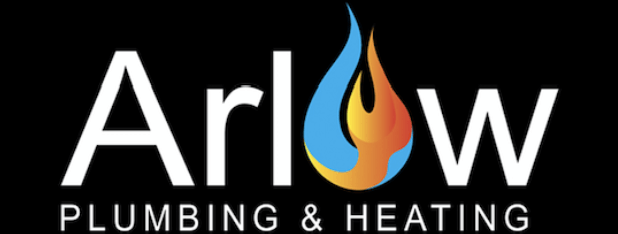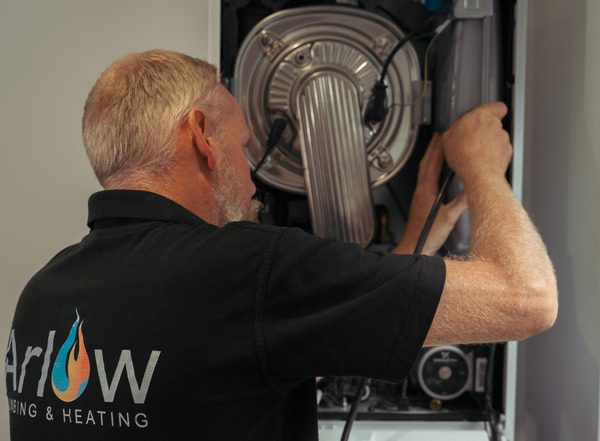The Good Bits
Why should you think about changing your boiler?
Efficiency
Newer boilers are typically more energy-efficient than older models, which means they can help you save money on your heating bills.
Improved reliability
A new boiler is less likely to break down than an older model, which means you’ll have fewer unexpected repair costs.
Better heating performance
A new boiler can heat your home more evenly and provide you with better control over the temperature.
Lower emissions
Newer boilers tend to produce fewer emissions than older models, which means they’re better for the environment.
Increased safety
Newer boilers are typically equipped with safety features that help prevent accidents, such as automatic shut-off valves and temperature controls.
Enhanced features
Newer boilers often come with advanced features such as smart controls that allow you to control your heating remotely from your smartphone or tablet.
Pro’s Vs Con’s
What boiler system is best for you and your home?
Combi Boilers
Pro's ✓
1. Space-saving: Combi boilers are compact and do not require a separate water tank or cylinder, so they can be a good option for homes with limited space.
2. Energy efficient: Combi boilers only heat the water that is needed, so they can be more energy-efficient than traditional boilers that constantly heat and store hot water in a tank.
3. Quick hot water: With a combi boiler, you can get hot water on demand, without having to wait for a tank to heat up.
4. Cost-effective: Combi boilers can be cost-effective in terms of installation and maintenance because they do not require additional components, tanks or cylinders.
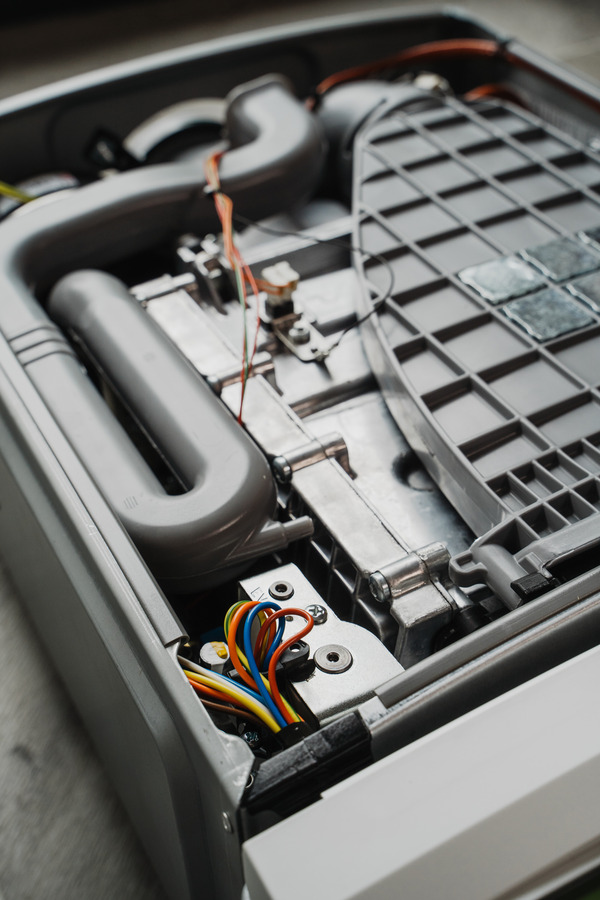
A combi boiler, short for combination boiler, is a type of central heating and hot water system that provides both heating and hot water from a single unit, prioritising hot water delivery. Here are some pros and cons of a combi boiler.
Overall, combi boilers can be a good option for smaller households with lower hot water demands, and where space is at a premium. However, they may not be the best choice for larger households with high hot water demands or where water pressure is low.
Con's X
1. Limited hot water supply: Because combi boilers only heat the water as it’s needed, the hot water supply can be limited. This may not be ideal for larger households with high hot water demands.
2. Water pressure: Combi boilers rely on mains water pressure to work effectively. If the mains water pressure is low, the performance of the boiler may be affected.
3. Hot water back up: If the combi boiler breaks down, you may be left without hot water until the issue is resolved. However electric showers can help reduce the impact of any breakdown.
Heat-Only Boilers
Pro's ✓
1. Reliable: Regular boilers are known for their reliability. They have a simple design and are easy to maintain, which means they are less likely to break down and require expensive repairs.
2. Easy to install: Regular boilers are straightforward to install and can be easily fitted in any home that already has a central heating system with a hot water cylinder and cold water storage tank.
3. Good for larger homes: Heat-only boilers are suitable for larger homes with multiple bathrooms and high hot water demand as they can provide hot water to several outlets simultaneously.
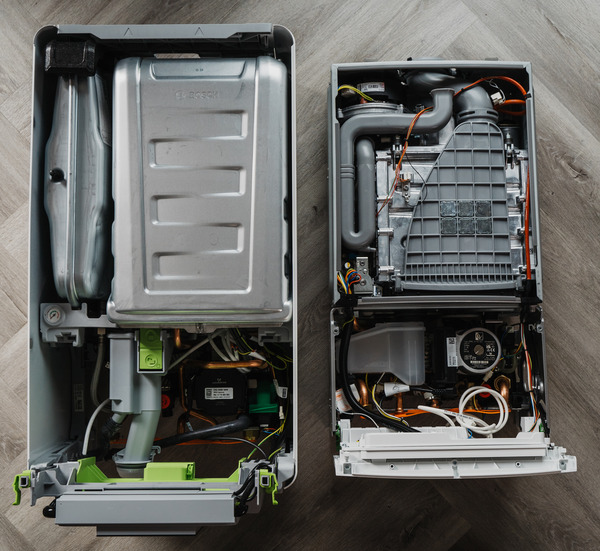
A regular or heat-only boiler is a type of central heating system that provides heating and hot water to a home or building. Here are some of the pros and cons of a regular/heat-only boiler.
It is important to consider the specific needs of your home before choosing a type of boiler. We as professional heating engineer can help you determine which boiler type is best for your home.
Con's X
1. Limited hot water supply: Regular boilers can run out of hot water if there is high demand. This is because they store hot water in a cylinder and once that runs out, you will have to wait for the water to heat up again.
2. Requires additional storage space: Regular boilers require additional storage space for the hot water cylinder and cold water storage tank, which can be a problem for smaller homes or properties with limited space.
3. Less energy-efficient: Regular boilers are less energy-efficient compared to newer types of boilers, such as combi boilers or system boilers. This is because they heat up water even when it is not needed, which can lead to energy wastage.
System Boilers
Pro's ✓
- Efficient: System boilers are highly efficient as they use a hot water storage tank to store hot water, which can be heated using off-peak electricity or renewable energy sources such as solar panels. This helps to reduce energy bills and lower carbon emissions.
- Easy installation: System boilers are generally easier and quicker to install than a regular boiler as they don’t require a separate water tank for the expansion. This makes them a popular choice for smaller properties or those with limited loft space.
- hot water supply back up: This backup system consists of an independent electric immersion heater that heats the hot water tank. Unlike a combi boiler, which can experience disruptions to the hot water supply during breakdowns
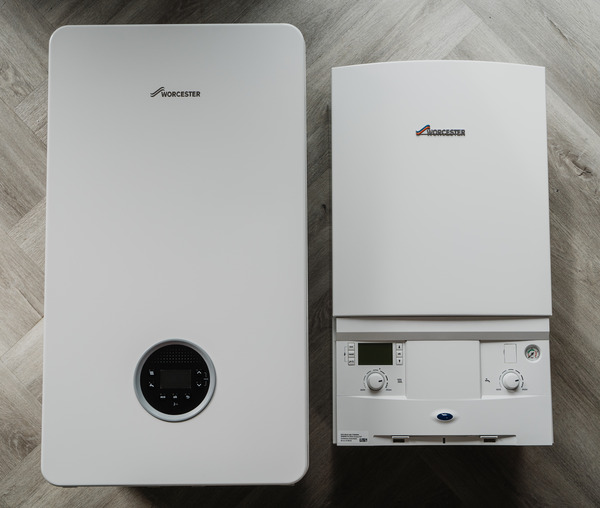
A system type boiler is a pressurised central heating boiler that heats your hot water storage tank and distribute hot water to radiators throughout a house. The main difference between a system boiler and a regular (heat only) boiler is, it has an internal pump and expansion vessel incorporated.
Con's X
- Cost: System boilers can be more expensive to install than combi boilers, as they require additional components such as a hot water storage tank and cylinder.
- Limited hot water capacity: Although hot water is stored in a tank, there is a limited capacity, and if the tank runs out of hot water, you will need to wait for it to reheat before you can use hot water again.
- Space requirements: As system boilers require a separate hot water storage tank and cylinder, they take up more space than a combi boiler. This can be a disadvantage for properties with limited space.


